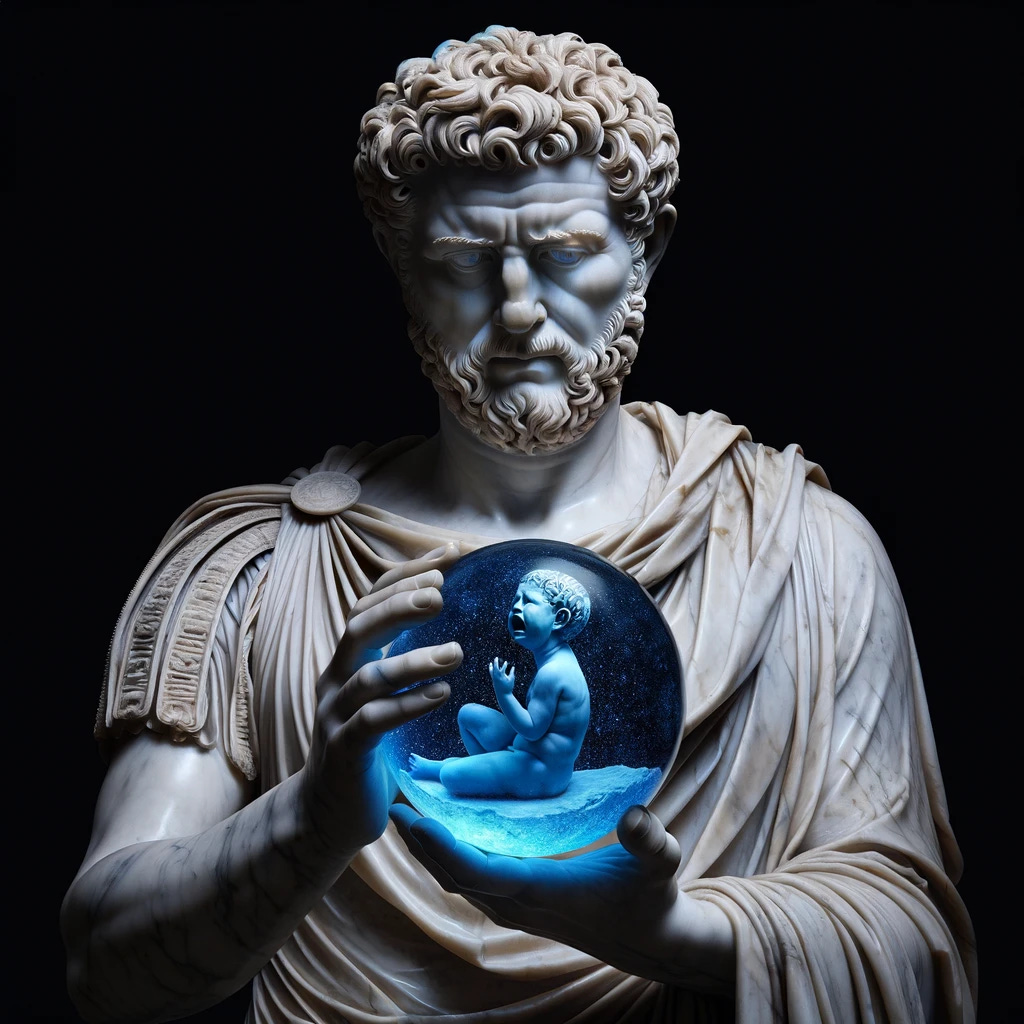In this post, I will run through different ways I’ve related to emotions over time. This post will start with my very naive first model, and then move on to talk about a slightly better one I adopted around five years ago.
The Naive View
I started out treating emotions as either good or bad, depending on how pleasant they felt. The goal was to reduce the amount of time spent feeling “negative” emotions.
I was very much into reducing bias - reading up on cognitive biases to improve my thinking. Yet I wasn’t attuned to things going on in my body - sometimes, states like agitation and aversion impacted my thinking without me being aware of it.
When I was doing mental work, emotions had no role, except as possible distractions. I missed out on the wealth of information available when sensing into the body.1
I spent most of my time feeling mildly happy and told people I had no emotions. When people insisted that I must have emotions, I got angry and started arguing with them. Ironic.
Second view - Emotions as Information
After a circling session, I shared my naive view of emotions with a woman. She was outraged and went on a rant. Luckily for me, I listened to her. A few other people joined in, and we went on to create a less naive model of emotions.
According to this model, emotions are valuable sources of information. They are a way to navigate life! All the emotions I had previously seen as bad could be reinterpreted as helpful hints.
Anger is the emotion of boundaries - giving the strength needed to protect and stand up for yourself.
Sadness is the emotion of connection - releasing tensions and opening up for care.
Fear is the emotion of carefulness - a cause for being alert and attentive to the situation you’re in.
Shame is the emotion of unknowns - a sign that you are starting to make contact with something to resolve.
Guilt is the emotion of justice - a sign that you need to resolve something to get back into integrity
I was 27 when I shifted to this way of thinking about emotions. It turns out that emotions are a great asset when navigating social situations, but also a big thing to handle when you’re not used to them. At this point, I was unfamiliar with shame and anxiety and found it hard to self-regulate.
During a period of time, I had a recurring reminder to make sure I got cuddled at least every weekend - a way to calm down and relax.2
A Problem with Both Views
Thinking of my emotions as helpful hints rather than annoying distractions made me like them more. Up until this point, I had actively resisted emotions, treating them as something irrational - something to push away.
Unfortunately, both the naive- and the hint-view shared some flawed foundational ideas. Both views relate to emotions as something separate from me - something arising at the boundary of my cognition.
I trace this stance back to Cartesian Dualism3 - a view where the mind is separate from the body. In the Cartesian framework, the mind “observes” sensory impressions that arrive through the sensory organs. I related to my emotions like cartesians relate to sensory impressions - something “other” that enters the mind to be processed.
In my next post, I’ll tell you why I consider this Cartesian assumption to be flawed - and also share my most recent model of emotions.
Before reading my next post, I invite you to think through your model of emotions. What are emotions, to you? What is their role? Do you like them? Are you controlled by them?
Best of luck and Happy Holidays! :)
I still have some slots for philosophical inquiry open in early January. Pretty much all of the people who have tried it this far have come back for round #2, and slots tend to close quickly. I’d love to inquire with you and help you navigate patterns of stuckness in your life.
I remember an argument where someone on the internet said that uploading minds is impossible because cognition needs the body to function. Back then I thought this person was stupid - obviously, the mind can function on its own.
When I look back on it, I think the person was confused - if we can simulate a brain, surely we can simulate bodies? Given how much of the day is spent in rituals related to body maintenance, I think uploads would go crazy without being able to take a simulated shit. Don’t quote me on this.
I consciously networked to have a pool of potential cuddle buddies - pretty damn tricky during the covid era.
René Descartes invented Cartesian Dualism, a worldview where the universe consists of two fundamental kinds of stuff: matter and mind/soul. In this worldview, people are combinations of mind/soul and body. In this view, the mind/soul is the pilot of the body, steering its movements and interpreting the world through sensory experiences received through the body's sensory organs. However, this way of thinking has a bunch of issues.
A glaring issue is the "homuncular fallacy". When using an inner observer to explain sensory experience, a tricky question arises: How does this inner observer perceive sensory information? Does it, in turn, rely on another, smaller observer within itself? This line of reasoning leads to an endless sequence of internal observers, each nested within each other like Russian dolls, creating an infinite regress that offers no satisfactory resolution to the nature of sensory perception.


